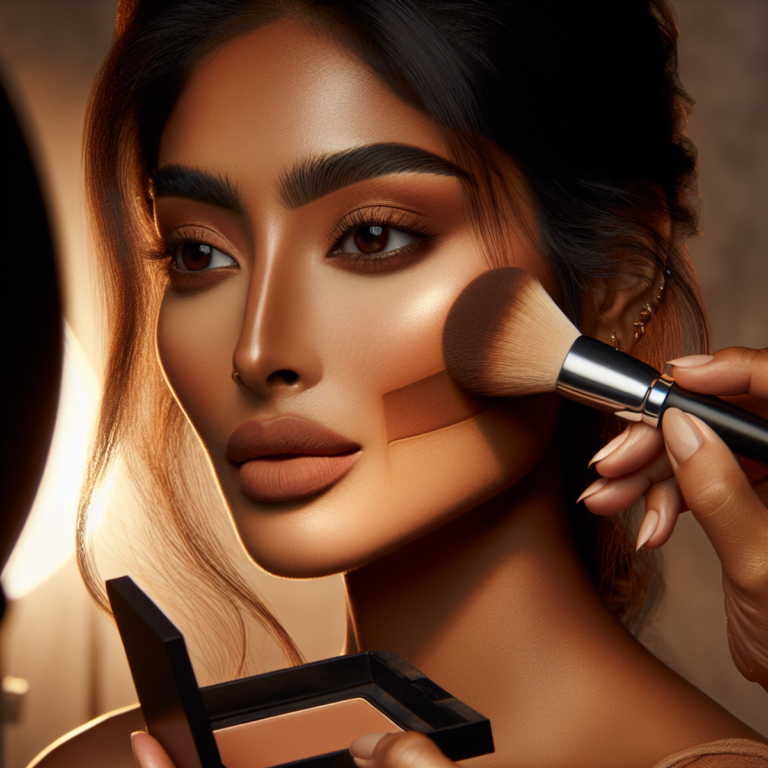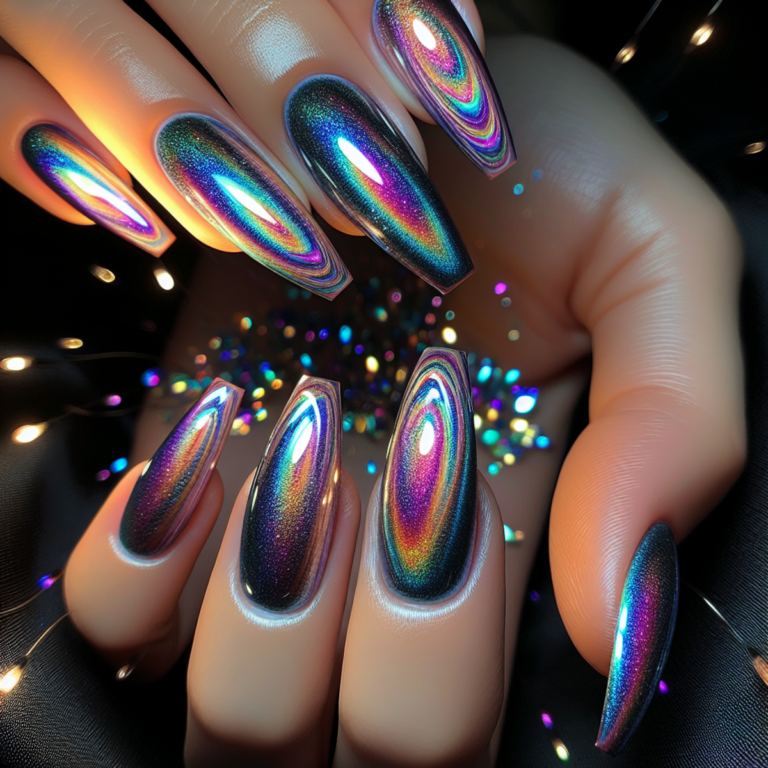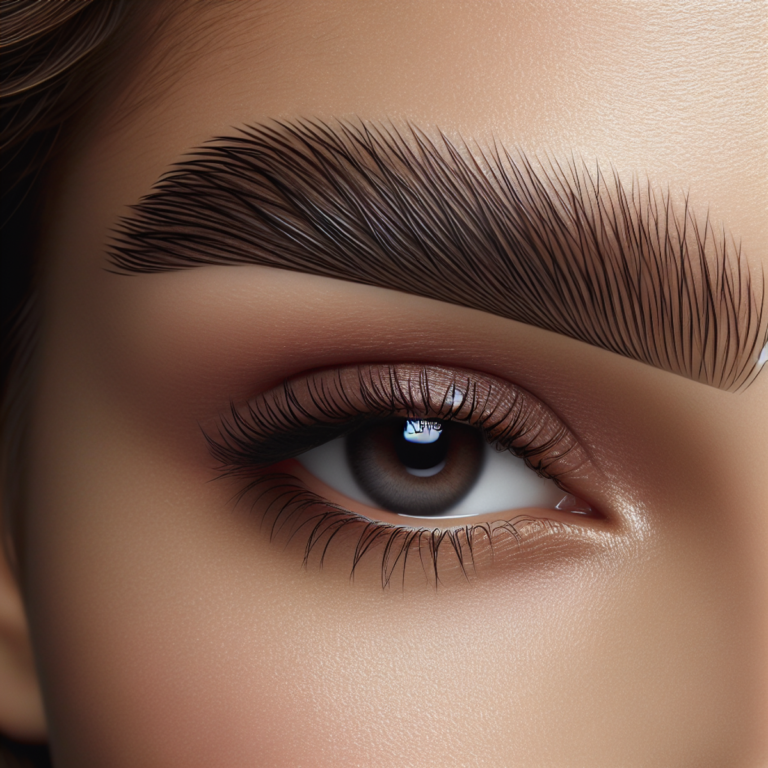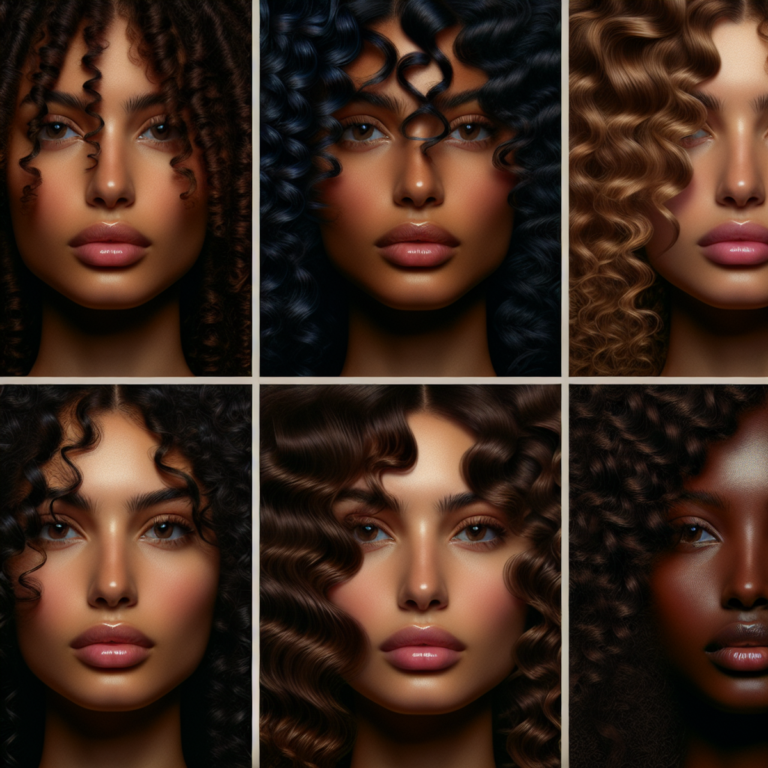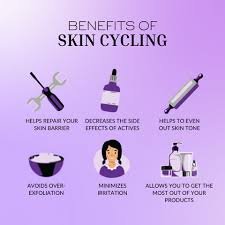4 Ways to Get Rid of Acne
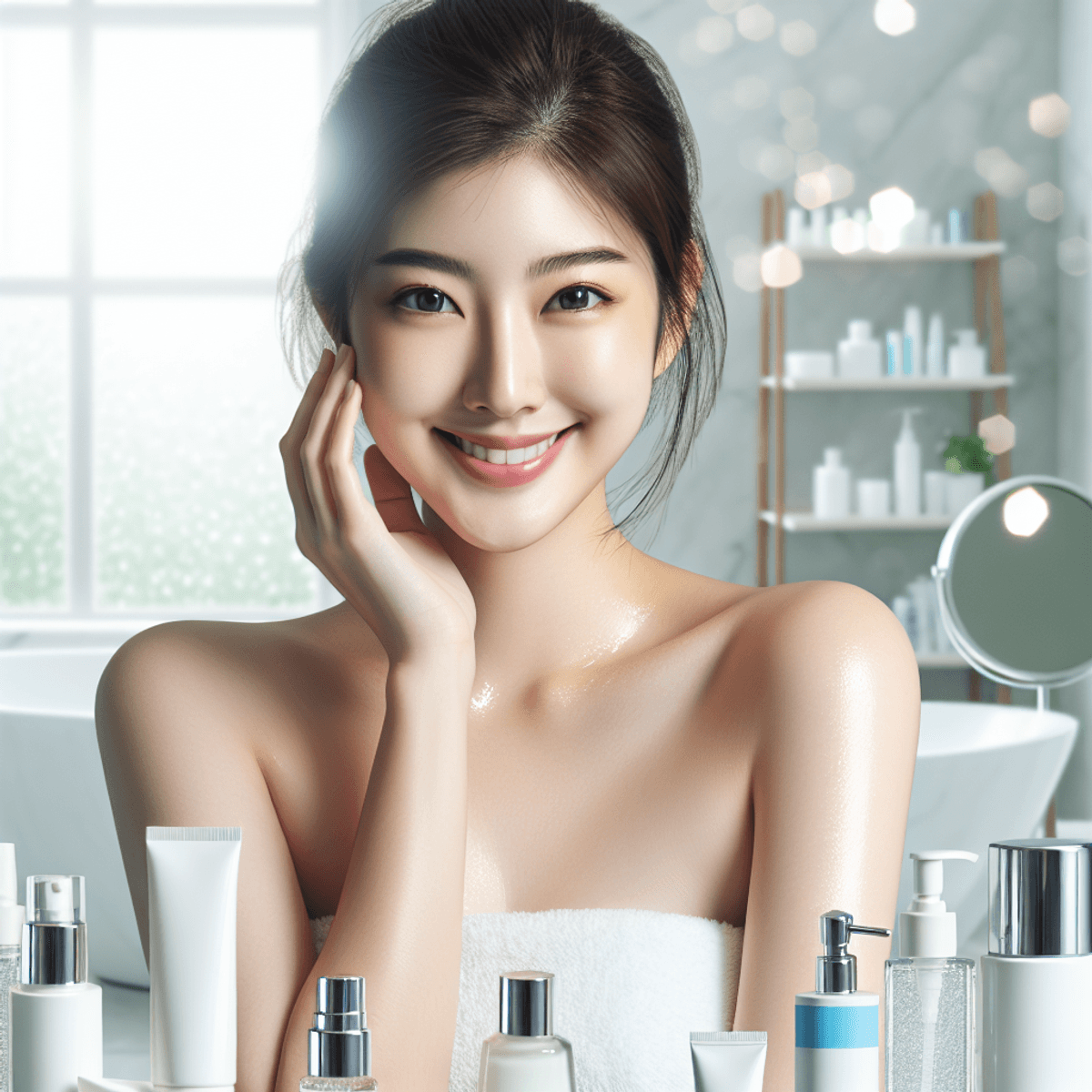
Introduction
Acne is a common skin condition that affects about 85% of young adults, causing not only physical discomfort but also impacting self-esteem and overall skin health. This common issue shows up in different forms, like blackheads, whiteheads, and cystic acne, leading many to look for effective solutions on how to get rid of pimples or how to remove pimples overnight. The frustration goes beyond the face, with people searching for ways on how to get rid of spots on bum overnight or how to get rid of chin pimples overnight. Understanding how acne affects different people is crucial in finding personalized treatments.
With so many treatment options available, it can be overwhelming to figure out what works best for you. In this article, you’ll discover four effective ways to manage and reduce acne, whether you’re dealing with chronic breakouts or seeking answers on how to remove pimples. Each method offers unique benefits addressing different aspects of acne management. By exploring both medical and natural remedies, lifestyle changes, and skincare routines, you can find a suitable approach tailored to your needs. As you read on, consider how each strategy might fit into your quest for clearer skin and improved confidence.
Understanding Acne
Acne comes in various forms, each with its characteristics and challenges. Recognizing these different types is crucial when figuring out how to get rid of pimples on your face or how to remove pimples naturally and permanently.
Types of Acne
- Blackheads: These small bumps appear on the skin due to clogged hair follicles. They are called blackheads because the surface looks dark or black, not because they are filled with dirt.
- Whiteheads: Similar to blackheads, whiteheads are closed clogged pores filled with sebum, dead skin cells, and bacteria. Unlike blackheads, they remain under the skin’s surface and have a white appearance.
- Cystic Acne: This severe form of acne occurs when oil and dead skin cells build up deep within hair follicles. It results in painful, pus-filled cysts that can lead to significant scarring if left untreated.
Understanding the causes of acne can illuminate how to get rid of back pimples or how to remove pimple marks effectively.
Common Causes of Acne
- Hormonal Changes: Fluctuations in hormones—especially during puberty, menstruation, or pregnancy—can increase oil production, leading to acne breakouts.
- Genetics: Family history plays a role in your likelihood of developing acne. If your parents had acne, you might be more prone as well.
- Diet: Certain foods may exacerbate acne symptoms. High-glycemic diets can spike insulin levels which might boost sebum production, contributing to acne formation.
These factors also inform strategies on how to get rid of small bumps on your face or how to get rid of little bumps on your face through tailored skincare routines and lifestyle adjustments.
Addressing less common concerns like how to get rid of pimples on the pubic area for males requires understanding specific triggers and adopting targeted treatments. For those wondering how to remove pimples overnight at home, combining quick-acting topical treatments with proper skincare can often yield visible improvements by morning.
Understanding these facets of acne provides a foundation for effective management and guides our exploration into topical treatments in the next section.
1. Topical Treatments
Dealing with acne can be a daunting task, but topical treatments offer an accessible and effective solution for many individuals. Salicylic Acid and Benzoyl Peroxide are two of the most popular over-the-counter ingredients used in acne treatment, each with unique properties that cater to different skin concerns.
Salicylic Acid
Salicylic Acid is a beta hydroxy acid (BHA) renowned for its ability to penetrate deeply into the pores. Its primary function is to exfoliate the skin by dissolving dead skin cells that can clog pores, which makes it an ideal choice for those wondering how to get rid of tiny bumps on the face or how to get rid of bumps on the forehead.
- Mechanism: It works by breaking down the bonds that hold dead skin cells together, promoting their removal from the surface. This unclogging action helps prevent new pimples from forming.
- Effectiveness: Known for its gentle exfoliating properties, Salicylic Acid can be particularly effective in treating blackheads and whiteheads.
When selecting products containing Salicylic Acid, consider your skin type:
- Oily skin: Opt for gels or serums that provide a matte finish.
- Dry or sensitive skin: Cream-based formulations might be less irritating.
Benzoyl Peroxide
Benzoyl Peroxide stands out for its antibacterial properties, making it an excellent option for tackling inflamed acne lesions. If you’re seeking ways on how to get rid of cystic pimples or how to get rid of pimples fast, this ingredient might be your go-to solution.
- Role: It reduces acne-causing bacteria on the skin’s surface while also decreasing inflammation associated with acne breakouts.
- Usage: Often found in concentrations ranging from 2.5% to 10%, it’s important to start with lower concentrations to assess your skin’s tolerance.
Selecting the right Benzoyl Peroxide product depends largely on your specific needs:
- Combination skin: A balanced formula that hydrates while treating blemishes may work best.
- Sensitive skin: Lower concentrations reduce the risk of irritation.
Choosing Based on Skin Type
Understanding your skin type is crucial when choosing topical treatments:
- Oily Skin: Non-comedogenic products with lightweight textures help prevent excess oil buildup.
- Dry Skin: Look for formulations with hydrating ingredients like glycerin or hyaluronic acid alongside active ingredients.
- Combination Skin: Consider multi-tasking products that address both oily and dry patches effectively.
These topical treatments not only target active breakouts but can also assist in how to remove dark spots caused by pimples or even how to remove dark spots caused by pimples overnight. Consistent use combined with proper skincare routines can aid significantly in achieving clearer skin quickly.
2. Home Remedies
Exploring natural remedies can be a gentle and effective way to manage acne, offering alternative solutions for those seeking to understand how to stop pimples coming on face. Among the popular choices, Apple Cider Vinegar (ACV) and Tea Tree Oil stand out for their accessibility and potential benefits.
Apple Cider Vinegar
Apple Cider Vinegar is often hailed as a versatile natural remedy, known for its ability to balance skin pH and act as an exfoliant. The acetic acid in ACV may help reduce acne scars over time, making it an option for those curious about how to remove pimple scars naturally. When applying ACV:
- Dilute Before Use: Mix one part ACV with three parts water. This helps in minimizing irritation.
- Patch Test: Always perform a patch test before full application to ensure no adverse reactions occur.
- Application: Use a cotton ball to apply the solution directly on the affected areas, leaving it on for 5-20 seconds before rinsing.
It’s important to note that while ACV can help with how to get rid of zits fast, it may cause irritation, especially for sensitive skin types. If you experience redness or discomfort, discontinue use immediately.
Tea Tree Oil
For those looking into how to get rid of pimples in 5 minutes or how to shrink a pimple in minutes, Tea Tree Oil offers a promising solution. Renowned for its antimicrobial properties, Tea Tree Oil effectively targets acne-causing bacteria with less risk of irritation compared to some chemical treatments.
Using Tea Tree Oil:
- Dilution is Key: Similar to ACV, always dilute tea tree oil with a carrier oil (like jojoba or coconut oil) before applying it to your skin.
- Spot Treatment: Apply the diluted mixture directly onto blemishes using a cotton swab.
- Frequency: Use once daily initially, then gradually increase depending on skin tolerance.
Tea Tree Oil’s lower irritation potential makes it a suitable option for sensitive skin, and many find it beneficial as they explore how to get rid of pimple scars.
Incorporating these natural remedies could be an essential part of your strategy on how to get rid of a zit. While results vary from person to person, consistency and proper usage play vital roles in achieving clearer skin. Experimenting with these options may uncover the most effective path for your unique skin needs.
3. Lifestyle Changes to Reduce Acne Breakouts
Lifestyle choices play a significant role in determining the severity of acne. By implementing certain changes, you may find effective ways to prevent and reduce pimples, tiny bumps on your forehead, or even how to stop pimples from coming on your face permanently. Here’s how:
Diet Changes
- Low Glycemic Diet: Consuming foods with a low glycemic index can help stabilize blood sugar levels, reducing insulin spikes that can increase sebum production. Foods such as whole grains, legumes, fruits, and vegetables are excellent choices.
- Reducing Dairy Intake: Some studies suggest a correlation between dairy consumption and acne severity. Cutting back on dairy products like milk and cheese might help in managing breakouts.
- Hydration: Drinking plenty of water aids in flushing out toxins from the body and keeping the skin hydrated, reducing the likelihood of spots and bumps.
Stress Management
Managing stress effectively is crucial for preventing acne flare-ups. Stress hormones like cortisol can trigger increased oil production in the skin, leading to clogged pores. Here’s how you can manage stress:
- Mindfulness Techniques: Practices such as meditation and yoga can lower stress levels and promote relaxation.
- Regular Exercise: Engaging in physical activities releases endorphins which act as natural stress relievers.
- Adequate Sleep: Aiming for 7-9 hours of sleep each night helps regulate hormones that could potentially cause breakouts.
Implementing these lifestyle factors not only enhances overall well-being but also provides practical answers to questions like how to get rid of breakouts or how to get rid of bumps on your face. By focusing on diet changes and stress management, you create a foundation for clearer skin while addressing underlying causes.
4. Establishing a Proper Skincare Routine for Acne-Prone Skin
A consistent skincare routine is vital for effectively managing acne-prone skin. It begins with cleansing techniques that are gentle yet effective in removing dirt and excess oil without stripping the skin of its natural moisture. Look for cleansers that contain ingredients like salicylic acid or glycolic acid, which help to remove dead skin cells and prevent clogged pores.
Non-comedogenic products are essential in your skincare arsenal. These products are specifically formulated not to block pores, reducing the risk of developing new blemishes. From moisturizers to sunscreens, ensuring your skincare items are non-comedogenic can make a significant difference in acne management.
Tips for Dealing with Specific Types of Acne
- Under-the-skin pimples: Applying warm compresses can help soothe inflammation and encourage the spot to come to a head.
- Cystic pimples: Spot treatments containing benzoyl peroxide or sulfur are often recommended.
- Forehead pimples: Consider using tea tree oil as a natural alternative due to its antibacterial properties.
- Tiny bumps on the face: Exfoliating once or twice weekly with a gentle scrub can help clear them quickly.
Addressing Acne Scars
Patience and targeted treatments are key when it comes to dealing with acne scars:
- Retinoids can promote cell turnover and fade scars over time, offering an effective solution.
- Incorporating honey into your routine could be beneficial due to its soothing and antibacterial qualities.
General Tips for Clearer Skin
- Maintain hydration and avoid harsh scrubbing.
- Regularly use products containing salicylic acid or employ extraction tools carefully under professional supervision for blackheads and whiteheads.
By following these guidelines, you can create a skincare routine tailored for acne-prone skin that not only helps treat pimples but also enhances overall skin health.
When to Seek Professional Help for Persistent Acne Cases?
Persistent acne can be both frustrating and damaging to self-esteem. If over-the-counter treatments and lifestyle changes do not yield the desired results, it might be time to seek a dermatologist consultation. Dermatologists offer a range of prescription-strength treatments specifically designed to tackle stubborn acne.
Prescription Treatments
- Topical Retinoids
- Retinoids are vitamin A derivatives that promote cell turnover and prevent clogged pores. They are effective in treating blackheads, whiteheads, and reducing inflammation associated with acne.
- Oral Antibiotics
- For moderate to severe acne, oral antibiotics like doxycycline or minocycline may be prescribed. These reduce bacteria and inflammation, helping to clear up skin faster.
- Hormonal Therapies
- Birth control pills and anti-androgen medications can be effective for women whose acne is linked to hormonal fluctuations. These treatments regulate hormones that contribute to acne formation.
- Isotretinoin (Accutane)
- Considered one of the most powerful acne treatments, Isotretinoin is used for severe cystic acne that hasn’t responded to other treatments. It significantly reduces oil production but requires close monitoring due to potential side effects.
- Procedural Treatments
- Dermatologists may also recommend procedures like chemical peels, laser therapy, or light therapy which target specific types of acne scars and pigmentation issues.
Additional Concerns
How can professional help address specific concerns?
- How to get rid of pimples on butt: Dermatologists can provide targeted treatments such as topical retinoids or antibacterial washes.
- How to cure pimples: Prescription medications can target specific triggers.
- How to get rid of blind pimples: Intralesional corticosteroid injections could be an option.
- How to stop pimples coming on face at home: Maintenance plans often involve prescription topicals.
- How to reduce pimple redness in 5 minutes: Cortisone creams might be suggested for quick relief.
- How to prevent pimples on face forever: Long-term strategies through professional guidance ensure clearer skin over time.
Professional help not only addresses existing acne but also helps in preventing future outbreaks by understanding your skin’s unique needs.
Conclusion: Embracing a Holistic Approach Towards Clearer Skin!
Achieving clearer skin isn’t about finding one magic solution. Instead, it’s about embracing a well-rounded approach. To understand how to treat sudden face breakouts or permanently remove pimples, we need to combine various strategies such as:
- Topical treatments
- Home remedies
- Lifestyle changes
- Skincare routines
Each method has its own unique role in effectively managing acne.
For those wondering how to make pimples disappear or seeking overnight solutions for under-the-skin pimples, consistency and patience are essential. Whether it’s making dietary adjustments to prevent breakouts or using specific skincare products to address bumps on the arms, persistence is key.
It’s important to remember that acne can have multiple causes, including hormonal imbalances, stress, or environmental factors. Therefore, addressing these underlying issues alongside the visible symptoms will lead to more sustainable results.
By incorporating these different methods into your daily routine, you increase your chances of achieving and maintaining clear skin.
Share Your Story: We Want to Hear from You!
We’d love to hear about your journey with acne management. Whether you’ve discovered effective home remedies, found success with topical treatments, or made lifestyle changes that have worked wonders, sharing your story can inspire others.
Have you learned how to treat blackheads effectively, or perhaps figured out how to stop getting pimples? Drop your tips on how to get rid of deep pimples or how to treat tiny bumps on the face in the comments below.
Let’s create a community of support and shared knowledge—your experiences truly matter!
FAQs (Frequently Asked Questions)
What are the common causes of acne?
Common causes of acne include hormonal changes, genetics, and diet. Hormonal fluctuations, particularly during puberty or menstruation, can lead to increased oil production in the skin, while certain dietary choices may exacerbate acne symptoms.
What topical treatments are effective for managing acne?
Popular over-the-counter topical treatments for acne include Salicylic Acid and Benzoyl Peroxide. Salicylic Acid works by unclogging pores, while Benzoyl Peroxide reduces inflammation and kills bacteria that contribute to acne.
Are there natural remedies for treating acne?
Yes, natural remedies such as Apple Cider Vinegar and Tea Tree Oil can be effective in managing acne. Apple Cider Vinegar may help balance skin pH but can cause irritation if used excessively. Tea Tree Oil is known for its antibacterial properties with lower irritation potential.
How can lifestyle changes impact acne severity?
Lifestyle choices such as following a low glycemic diet and managing stress levels can significantly influence the severity of acne. Reducing sugar intake and practicing stress management techniques can help minimize breakouts.
When should I seek professional help for persistent acne?
If over-the-counter treatments are ineffective and your acne persists or worsens, it may be time to consult a dermatologist. They can provide prescription-strength treatments and tailored advice based on your specific skin condition.
What is the importance of a skincare routine for acne-prone skin?
Establishing a consistent skincare routine is crucial in managing acne-prone skin. This includes using non-comedogenic products, proper cleansing techniques, and maintaining hydration to prevent clogged pores and reduce breakouts.


